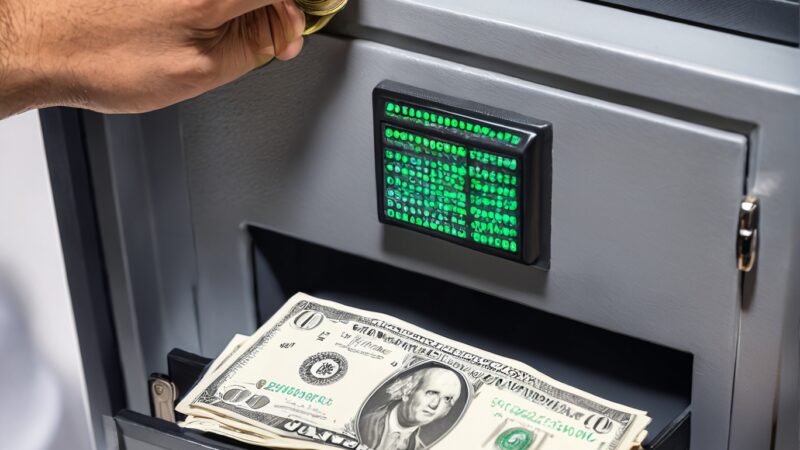The Gig Economy and Financial Stability

The gig economy is changing the way people work and earn money, opening up new possibilities for those looking for more freedom and flexibility in their careers. With the rise of platforms like Uber, Upwork, and Fiverr, more individuals are choosing to work independently, trading traditional 9-to-5 jobs for freelance gigs, side hustles, and on-demand services. While this shift provides a fresh, exciting approach to work, it also brings unique challenges—especially when it comes to financial stability. The Perks of the Gig Economy One of the major draws of the gig economy is its flexibility. As a gig worker, you have more control over your schedule, workload, and projects. Want to work from a coffee shop or during unconventional hours? You can! This freedom is perfect for people seeking a better work-life balance, parents managing family responsibilities, or those with side passions they want to pursue. Plus, in many cases, you’re not limited to one job—you can pick and choose different gigs to create a diversified income stream. The gig economy also offers endless opportunities for people across a variety of industries. Whether you’re driving passengers, delivering food, freelancing as a graphic designer, or consulting on business strategies, there’s likely a platform or niche where your skills can shine. In many ways, it’s empowering workers to carve out their own career paths, often with lower barriers to entry compared to traditional roles.
Financial Challenges in the Gig Economy
But, with great flexibility comes great financial responsibility. One of the biggest downsides for gig workers is income volatility. In contrast to the predictability of a monthly paycheck, freelance income can fluctuate significantly, depending on the number of gigs you land, the seasonality of your work, or even the economy. This unpredictability makes it hard to budget, save, or plan for future expenses. Another financial hurdle is the lack of traditional job benefits. Gig workers typically don’t have access to employer-provided health insurance, retirement savings plans, or paid time off. This means that you’re entirely responsible for safeguarding your financial well-being and preparing for the unexpected—something that can be both empowering and overwhelming.
How to Thrive Financially in the Gig Economy
While financial uncertainty is real, it’s possible to build a sustainable and successful career in the gig economy with the right approach. Here are some essential strategies to help you stay financially secure while enjoying the perks of freelance life:
Diversify Your Income Streams Relying on one gig for all your income can leave you vulnerable. Consider juggling multiple gigs or side hustles to spread your financial risk. The gig economy makes it easy to combine different types of work, allowing you to earn from various projects and clients. This way, if one gig slows down, you’ll have others to fall back on.
Master the Art of Budgeting
Since your income will vary, budgeting becomes crucial. Keep track of your earnings and expenses, and identify areas where you can cut back. A clear understanding of your financial situation allows you to plan for both good months and slow periods. You can use apps to make budgeting easier and more dynamic, adjusting your plans as your income fluctuates.
Build a Financial Cushion
Having an emergency fund is non-negotiable for gig workers. Aim to save enough to cover three to six months of living expenses. This cushion will act as a safety net in case you experience a dry spell or face unexpected costs, ensuring you won’t have to scramble to find gigs or go into debt. Invest in Yourself The gig economy is competitive, so continuous improvement is key. Take online courses, attend workshops, or gain certifications to increase your marketable skills. Not only will this boost your earning potential, but it will also keep you relevant as the economy and job market evolve.
Build Strong Relationships
Networking is vital in the gig economy. Building relationships with clients can lead to repeat business, referrals, and higher-paying gigs. Don’t underestimate the power of a good reputation—word of mouth can be a powerful tool in growing your freelance career.
Adapting to a New Era of Work
The gig economy is more than just a trend—it’s a major shift in how people approach work. With technology advancing rapidly and remote work becoming more common, gig jobs will likely continue to grow. But success in this space requires more than just signing up for platforms and landing gigs—it demands financial savvy and adaptability. By taking steps to manage your finances proactively and diversifying your income, you can not only survive but thrive in this ever-changing gig economy. Whether you’re freelancing full-time or simply exploring side hustles, the gig economy offers limitless opportunities to craft a career that works for you.






